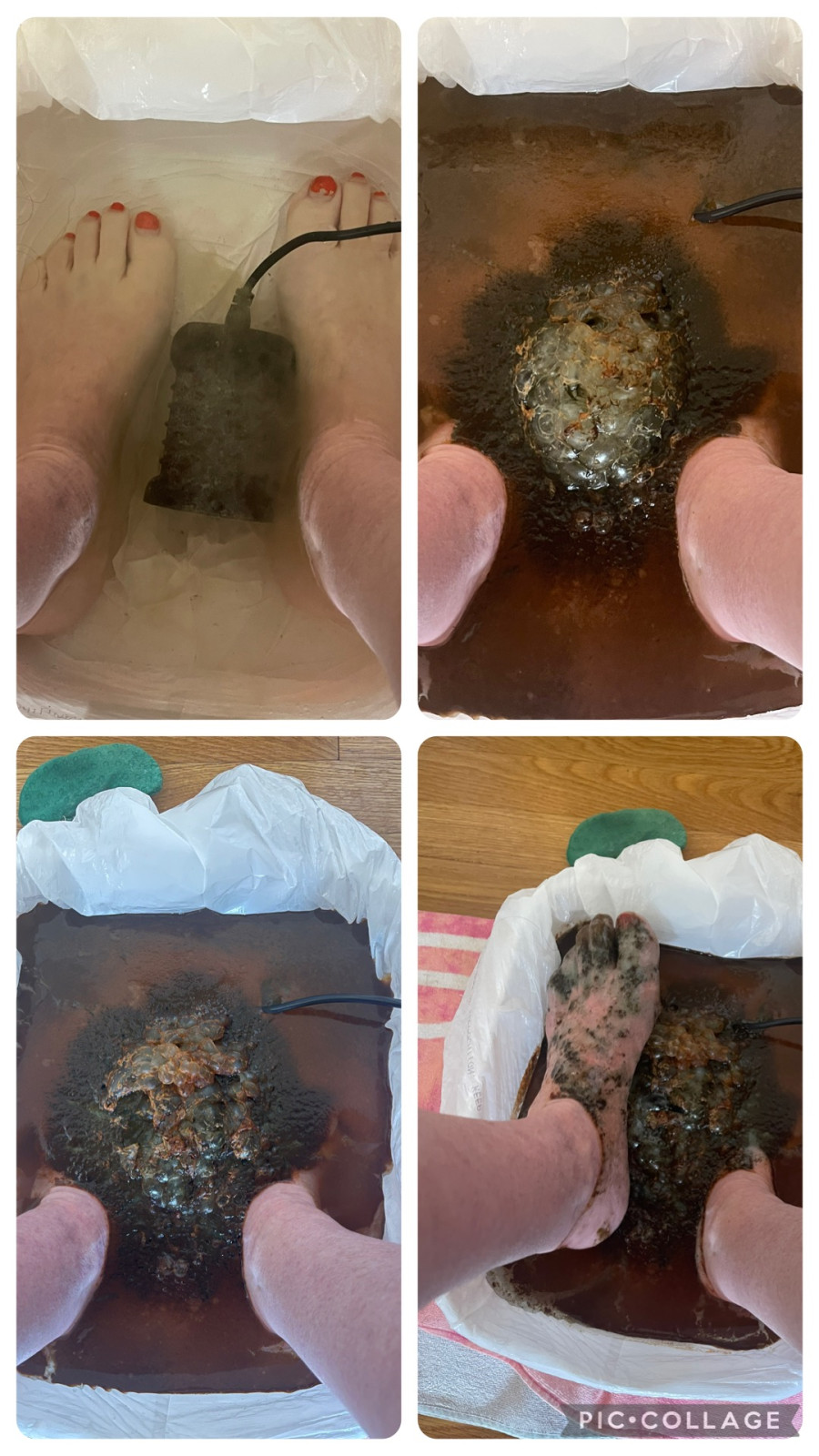
More than 1/3 of adults don’t get enough of me.
Without me your immune system is weakened.
You will be more prone to developing Alzheimer’s.
It’s more likely your coronary arteries will become blocked setting you on a path for cardiovascular disease, stroke and CHF.
The likelihood of all major psychiatric problems goes up substantially in my absence.
You will be more likely to be overweight.
In point of fact, the CDC has declared insufficient _______ as a public health crisis.
What am I? Yes you guessed it SLEEP!
Let's shed light on the undeniable importance of sleep for your overall well-being.
We will explore why prioritizing a restful night's sleep should be an essential part of your daily routine.
Building a Solid Foundation
Think of your body as a precious home, and sleep as the sturdy foundation. Just like a house, without a strong foundation, everything feels shaky. Sleep is your body's time to repair, rejuvenate, and replenish itself. When you lack proper sleep, it weakens your immune system, leaving you more susceptible to illness. Not only that, but it also impairs your mental clarity, making it challenging to think clearly, problem-solve, and make wise decisions.
Weight Management Wisdom
If you're chasing a healthier lifestyle, don't underestimate the impact of quality sleep on managing your weight. Sleep deprivation disrupts the delicate balance of your hormones, boosting hunger and suppressing your appetite. This can lead to overeating and weight gain, derailing your wellness goals.
Embracing Emotional Balance
Your emotional well-being and quality of sleep are inherently connected. Insufficient sleep can leave you feeling irritable, anxious, and prone to mood swings. On the other hand, a well-rested mind is better equipped to handle stress and maintain emotional equilibrium.
Unlocking Longevity
Research consistently shows that individuals who prioritize their sleep tend to live longer, healthier lives. Sleep acts as a catalyst for your body's repair and rejuvenation processes, helping to prevent chronic diseases and enhancing overall longevity.
Tips for Embracing a Sleep-Driven Lifestyle:
Consistency is Key: Aim to establish a consistent sleep schedule, focusing on going to bed and waking up at the same times every day, even on weekends.
Craft a Tranquil Bedtime Ritual: Create a soothing routine before sleep, such as reading, practicing meditation, or indulging in a warm, relaxing bath.
Optimize Your Sleep Sanctuary: Ensure your bedroom invites tranquility by keeping it dark, cool, and quiet. Invest in a comfortable mattress and pillows.
Limit Screen Time: Screen usage emits blue light, which disrupts your body's production of melatonin, the sleep hormone. Ideally, avoid screens at least an hour before bedtime.
Mindful Eating Habits: Be mindful of your diet close to bedtime. Steer clear of heavy meals, caffeine, and alcohol, all of which can disrupt your sleep patterns.
By prioritizing quality sleep, you are taking a crucial step towards achieving a healthier, more fulfilled life. Embrace the power of sleep as a non-negotiable part of your daily routine, and witness the transformative impact it has on your overall well-being.
Here are some pro tips on improving your sleep
Tip 1: Create a Sleep-Friendly Environment
- Use low-wattage bulbs to avoid melatonin suppression.
- Avoid backlit devices at night; switch to an eReader.
- Ensure a quiet, dark, and cool bedroom with a comfortable bed.
- Reserve your bedroom for sleep and intimacy, not work or screen time.
- Remove visible clocks to prevent sleep disruption.
Tip 2: Maintain a Consistent Bedtime Routine
- Stick to a regular sleep schedule, even on weekends.
- Use earplugs or white-noise machines for snoring.
- Adjust your bedtime to when you naturally feel tired.
- Practice soothing bedtime rituals like relaxation techniques. Like Diffusing pure essential oils, cedar wood and lavender are wonderful.
- Be cautious with sleep aids and sleeping pills; they're not long-term solutions.
- Combine intimacy and sleep for restful nights.
Tip 3: Master the Art of Napping
- Keep naps short, ideally 15-45 minutes.
- Nap early in the afternoon to avoid nighttime sleep disruption.
- Nap in a comfortable, quiet environment.
- Avoid excessive caffeine, alcohol, and large meals before bedtime.
- Limit liquid intake close to bedtime to prevent nighttime bathroom trips.
Tip 4: Incorporate Exercise into Your Routine
- Engage in aerobic activities like swimming, dancing, or walking.
- Consider low-impact activities like lawn bowling, golfing, and cycling.











0 Comments